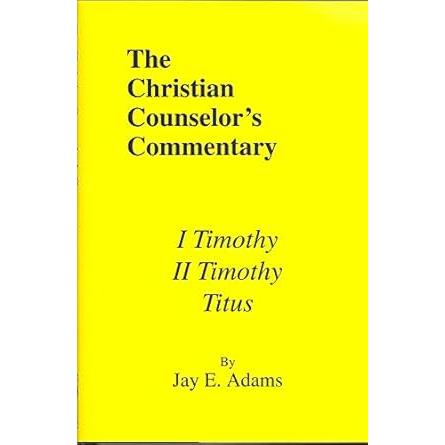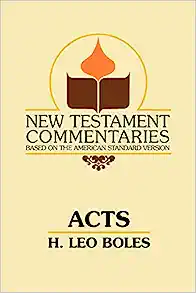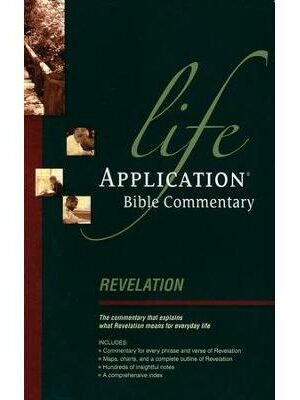I & II Timothy, Titus (Christian Counselor’s Commentary)
Description
Summary of I & II Timothy, Titus (Christian Counselor’s Commentary) by Jay Edward Adams
Jay E. Adams’ commentary on the Pastoral Epistles (1–2 Timothy, Titus) emphasizes practical, biblically grounded leadership and counseling principles for church health and individual spiritual growth. Drawing from his nouthetic counseling framework—which prioritizes Scripture over secular psychology—Adams provides a verse-by-verse analysis focused on doctrinal fidelity, moral integrity, and corrective discipline within the church.
Key Themes
Sound Doctrine and Godly Living: Adams stresses that right belief must produce righteous behavior. False teachers are countered not only through doctrinal correction but also by modeling lives of holiness (Titus 1:16, 2:1).
Leadership Qualifications: Echoing Paul’s instructions to Timothy and Titus, Adams underscores the necessity of elders and pastors embodying blameless character, doctrinal precision, and relational wisdom (1 Timothy 3:1–7).
Nouthetic Confrontation: The commentary reflects Adams’ signature approach—loving, Scripture-based confrontation to spur repentance and growth. Leaders must address sin directly while exemplifying grace and truth (Titus 2:15).
Intergenerational Discipleship: Adams highlights Titus 2’s call for older believers to mentor younger members, fostering a community where mutual accountability and service counteract self-centeredness.
Practical Application
Adams bridges exegesis and counseling, showing how Paul’s pastoral directives equip modern leaders to:
Counsel with Authority: Use Scripture to diagnose sin, prescribe repentance, and restore individuals (2 Timothy 3:16–17).
Model Integrity: Leaders must exemplify “sound speech” and moral consistency to silence critics (Titus 2:7–8).
Prioritize Gospel Witness: A healthy church’s unity and holiness testify to Christ’s transformative power, drawing unbelievers to salvation (Titus 2:10).
Critique and Context
While Adams’ focus on Scripture’s sufficiency aligns with his broader rejection of secular psychology, some critics argue his approach underemphasizes the Holy Spirit’s role in sanctification, leaning instead on disciplined obedience. Nonetheless, the commentary remains a resource for leaders seeking to align church practice with New Testament mandates.
Legacy
As a foundational text in biblical counseling, Adams’ work challenges churches to root all teaching, correction, and care in the authority of God’s Word.
Additional information
| Book Author | Jay E. Adams |
|---|---|
| Format | Hardcover |
| Language | English |
| Pages | 144 |
| Publisher | Timeless Texts |
| Year Published | 1999 |






Reviews
There are no reviews yet.